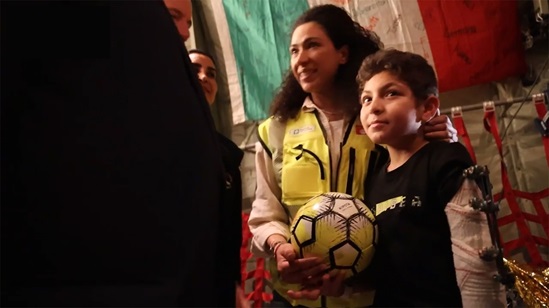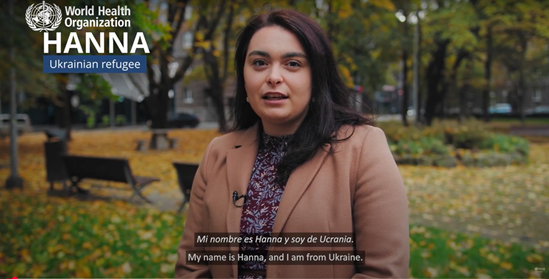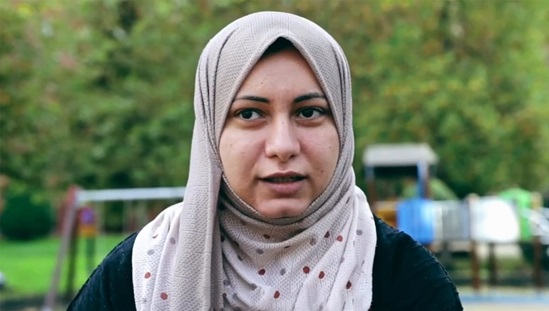Building health systems that are inclusive for refugees and migrants
WHO supports countries to build health systems that are accessible to and sensitive to the needs of refugees and migrants. All refugees and migrants should benefit from universal health coverage and their right to health.
This implies not only granting formal entitlements to refugees and migrants, but also requires the promotion of inclusive, nondiscriminatory and quality health services.
Access to health-care services varies greatly across the WHO European Region and within national boundaries. Often refugees and migrants face barriers in accessing health-care services such as:
- limited access due to legal status
- a shortage of interpreters and cultural mediators
- uncertainties about how to register in health systems
- a lack of resources
- a lack of legal support services.
To build inclusive health systems, WHO continues to:
- support health leadership and governance mechanisms to facilitate health-sector reforms;
- provide technical advice and guidance to countries;
- implement capacity-building; and
- strengthen the tri-regional collaboration with the WHO African and Eastern Mediterranean regions through a focal point network.





.tmb-479v.jpg?sfvrsn=db811337_12)



